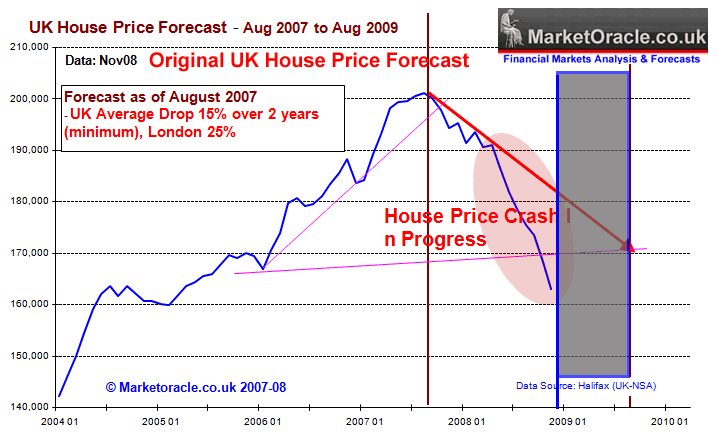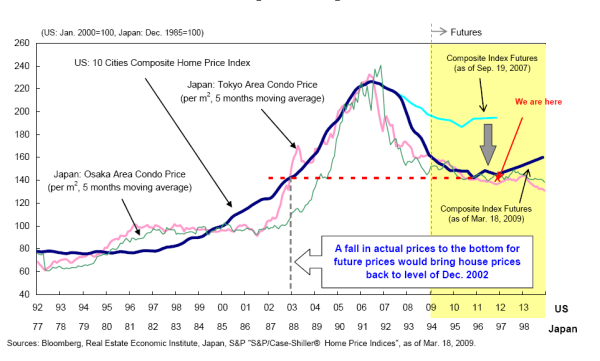Hendrik_2000
Lieutenant General
HOusing demand in China will never subside It is cultural No home no honey. I feel sorry for those singleton in China

Home sales in China continue to set records
Commercial sales break 13 trillion yuan for the first time, while total sales area exceeds 1.6 billion square meters
By ASIA TIMES STAFF MARCH 1, 2018 5:52 AM (UTC+8)
China’s commercial housing sales in 2017 have exceeded 13 trillion yuan (US$2.05 trillion) for the first time, while sales for the year ahead are expected to decline, reported.
Sales areas in 2017 exceeded 1.6 billion square meters, according to the National Bureau of Statistics. Both figures were records for two consecutive years, said Zhang Dawei, a senior analyst at Centaline Property Agency.
Gu Yunchang, chairman of the National Real Estate Chamber of Commerce Union, expects that sales in 2018 will experience a downward trend as a whole, while housing prices are expected to remain steady, without dramatic rises or declines.
The investment in real estate development in 2017 was 10.98 billion yuan, an increase of 7% over the previous year. Investment in commercial housing accounted for 7.5 trillion yuan, up 9.4%. That figure is also expected to slow down, said Gu.

Home sales in China continue to set records
Commercial sales break 13 trillion yuan for the first time, while total sales area exceeds 1.6 billion square meters
By ASIA TIMES STAFF MARCH 1, 2018 5:52 AM (UTC+8)
China’s commercial housing sales in 2017 have exceeded 13 trillion yuan (US$2.05 trillion) for the first time, while sales for the year ahead are expected to decline, reported.
Sales areas in 2017 exceeded 1.6 billion square meters, according to the National Bureau of Statistics. Both figures were records for two consecutive years, said Zhang Dawei, a senior analyst at Centaline Property Agency.
Gu Yunchang, chairman of the National Real Estate Chamber of Commerce Union, expects that sales in 2018 will experience a downward trend as a whole, while housing prices are expected to remain steady, without dramatic rises or declines.
The investment in real estate development in 2017 was 10.98 billion yuan, an increase of 7% over the previous year. Investment in commercial housing accounted for 7.5 trillion yuan, up 9.4%. That figure is also expected to slow down, said Gu.
Last edited:






